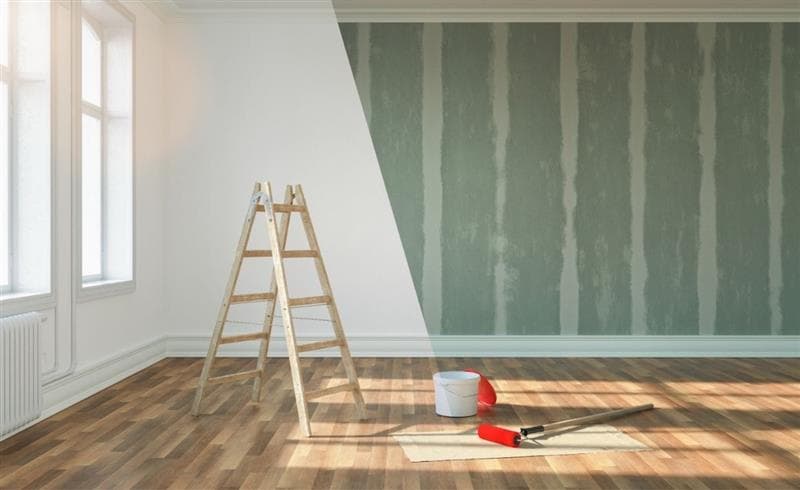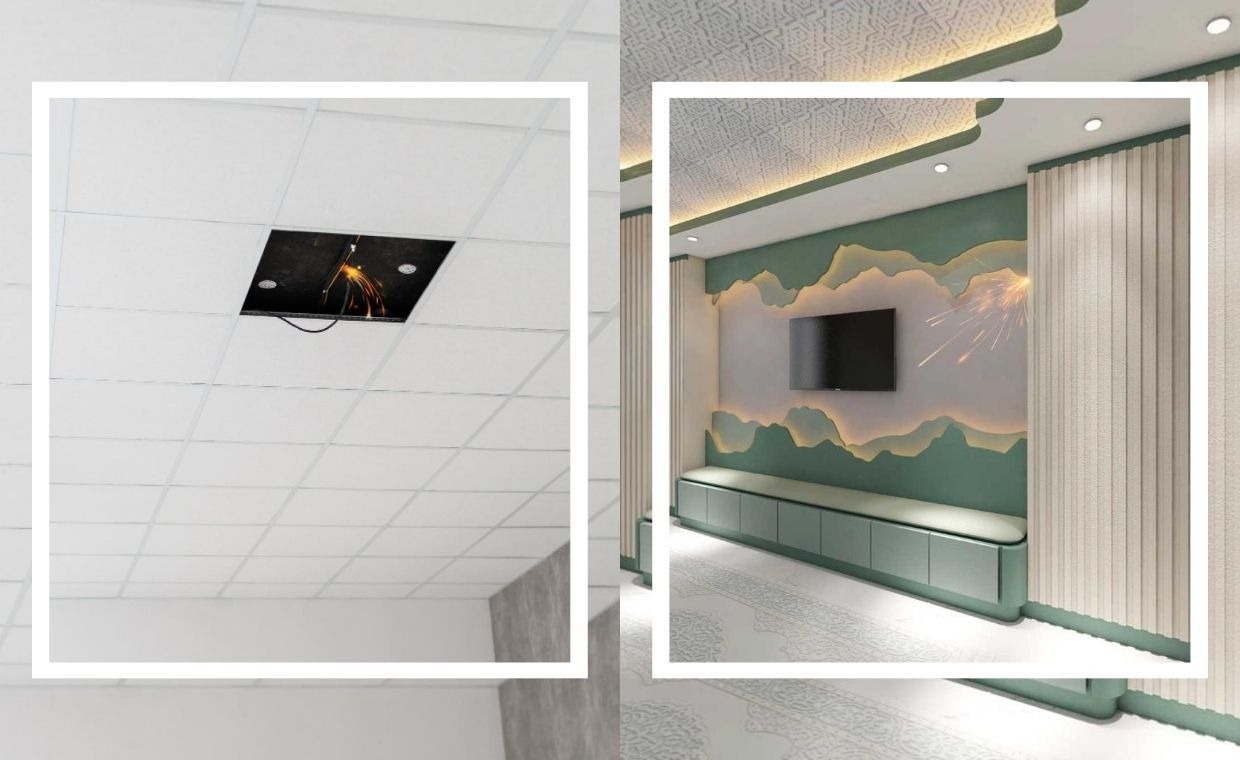
Table of Contents
For many homeowners looking to sell, the big question comes early: Is it worth renovating before selling your home, or sell it as-is? The answer isn’t always straightforward. While some updates can raise your home’s value or speed up the sale, not every renovation pays off the way you hope it will.
Selling a home is already a major decision. Adding renovation into the mix introduces new layers, budgeting, timelines, contractor hunting, and plenty of uncertainty. You might imagine beautiful hardwood floors or a modernized kitchen swaying buyers into higher offers, but reality doesn’t always work like a home improvement show.
The Emotional Trap of Renovation

There’s a natural instinct to make your home “perfect” before letting it go. After all, you’ve lived there, created memories, and now you want it to look its best for the next person. But the emotional urge to fix everything, just for the sake of appearances can quickly become a financial trap.
Renovations have a tendency to snowball. What begins as “just repainting the cabinets” turns into a full kitchen overhaul once you realize the counters look outdated, the appliances are mismatched, and now the floors could use an upgrade too. Suddenly, what was meant to be a $2,000 refresh has ballooned into a $15,000 investment, and your timeline has stretched by weeks or even months.
If you’re under pressure to sell soon whether you’re relocating, settling an estate, or just ready to move on, taking on a renovation can introduce unnecessary stress. You may not have the time to wait for the right contractor or navigate backordered materials.
What Home Buyers Really Want

Homeowners often assume that buyers are looking for perfect, move-in-ready homes. While that’s true for some, it’s not a universal rule. Many buyers are just looking for a solid property with good bones that they can update to suit their own taste. In fact, spending money to redo a kitchen or bathroom might not even appeal to a buyer whose style is completely different from yours.
Sometimes, leaving things as they are or just doing some deep cleaning and decluttering, is a better strategy. Fresh paint and clean carpets go a long way, but they don’t require a construction crew or a hefty investment. When buyers walk in and see a well-maintained space, even if it’s a bit dated, they can often imagine the possibilities.
This is especially true in competitive markets like Fort Worth, where inventory can move quickly. Instead of sinking thousands into renovations, some sellers are opting for a faster, simpler path. Companies like Four 19 Properties offer homeowners a way to sell without the hassle of repairs or remodels, buying houses directly and often in as-is condition. It’s a practical alternative for those who value time and certainty over squeezing out every last dollar.
Understanding Return on Investment

Not all renovations are created equal. While some upgrades might add to your home’s resale value, others may offer little to no return. It’s not uncommon for sellers to spend $20,000 on improvements and only recoup half of that in the sale price.
For example, a kitchen remodel might improve a home’s appeal, but the national average ROI on a major kitchen renovation hovers around 50% to 60%. That means for every $10,000 you spend, you might only increase your sale price by $5,000 to $6,000, if the right buyer comes along.
Beyond the cost of materials and labor, you also have to factor in holding costs. Every extra month your home sits unsold while renovations are completed means another mortgage payment, utility bill, insurance premium, and potential property tax increase. It’s easy to forget these hidden costs until they start piling up.
Then there’s the risk of unexpected problems. You open up a wall to move some plumbing and discover mold. You replace the flooring and find foundation cracks. What started as a straightforward update suddenly becomes a full-blown issue that delays the sale and adds thousands more to your expenses.
Who Should Consider Renovating?

There are scenarios where renovation makes sense. If your home is in a high-end neighborhood and surrounded by newly updated properties, you may need to make some improvements just to stay competitive. Or if you’ve already started renovations and are close to finishing, it might be worth completing the project to avoid scaring buyers off with an “almost there” vibe.
But for many sellers, especially those without time or cash to spare, the smarter move is to price the home accordingly and market it as a blank canvas. You may not get top dollar, but you’ll likely save time, avoid stress, and come out financially ahead by skipping the renovation gamble.
There’s also peace of mind in transparency. If the home needs a new roof or HVAC, disclosing that upfront and adjusting the price can earn buyer trust. Some buyers even prefer homes that haven’t been freshly renovated, because they can see the property in its honest state, without wondering if cosmetic fixes are hiding deeper issues.
The Real Value of Selling As-Is

The idea of selling a house “as-is” sometimes carries a negative connotation, but it doesn’t mean giving up or settling. For many sellers, it’s simply a practical choice. It allows them to move forward with life without sinking time and money into a house they’re ready to leave behind.
It also shifts the conversation from perfection to potential. Buyers who are looking for a project, or who have specific renovation goals in mind, are often excited by the chance to customize a home to their liking. And with the rise of investor buyers and renovation-friendly financing, there’s a healthy market for homes that need a little work.
Selling without renovating isn’t about cutting corners, it’s about recognizing where your energy and money will have the most impact. Sometimes, that impact comes from letting go sooner, rather than holding on for a possible (but uncertain) return.
In the End, It’s About Your Priorities
Whether or not it’s worth renovating before selling depends entirely on your situation. If you’ve got the time, budget, and desire to do it right and you’re confident you’ll see a meaningful return, it might be worth pursuing.
But if your priority is speed, simplicity, or avoiding additional investment, selling as-is can be the smarter move. At the end of the day, it’s not just about dollars and cents, it’s about peace of mind, flexibility, and making the decision that aligns with your goals.
No two sellers are the same. What matters most is knowing your options, understanding the trade-offs, and choosing the path that makes the most sense for where you are now and where you want to go next.






























